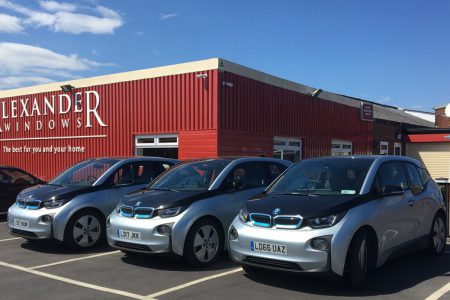When it comes to battery electric vehicles (BEVs), fleet decision-makers tend to be among the best-informed people in the country.
And they need to be: fleets are setting the pace when it comes to electrification as organisations strive to lower emissions and costs and be ahead of the game when it comes to the 2030 ban on the sale of conventional petrol and diesel cars and vans.
However, not all fleets and company car drivers are enthusiastically embracing the technology.

Some of their opposition is rooted in traditional arguments against BEVs, such as cost, insufficient driving range and confusion over types of charging cables and the number of apps needed to charge a vehicle on the public network.
In this feature, we look at six of the most common concerns, in a bid to examine what the truth is and help fleet decisionmakers accelerate their transition to BEVs.
1 EVs are too expensive
When considered purely from the point of the vehicle purchase price, this would be a borderline open and shut case: as a general rule, BEVs typically have a retail price several thousand pounds higher than their petrol or diesel counterpart.
These increased prices are also reflected in their lease rates, making an electric car seemingly more expensive to add to a fleet than an ICE (internal combustion engine) model. The difference in cost for a zero-emission van is even higher.
Read more: FleetNews
It’s Time to Go Green!
If you would like to know more about Solar Panels and the PowerBanx range of home battery systems, and get a free instant quote, please complete our online form:

